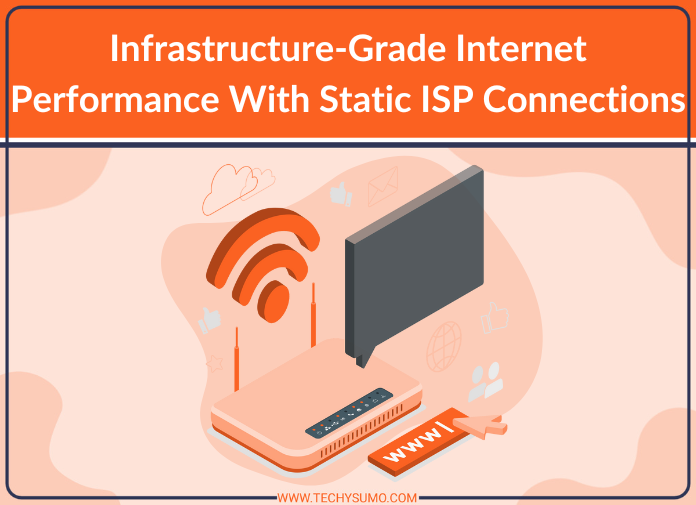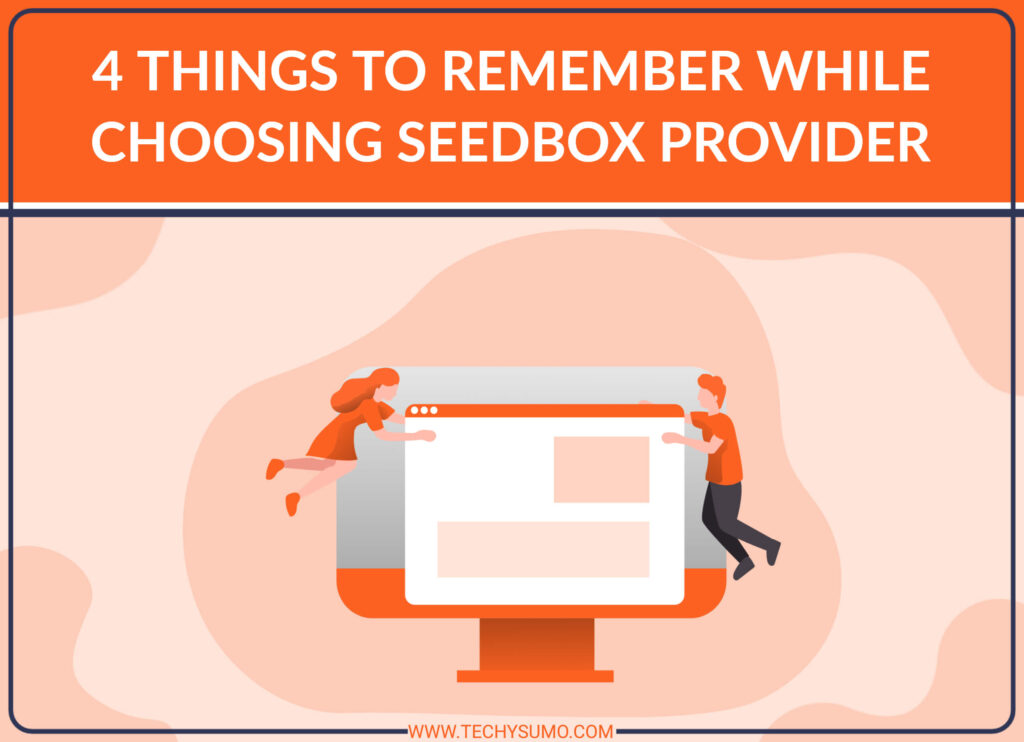Imagine trying to stream your favorite movie, and the video buffers every few seconds. Frustrating, right? Or picture running an online business and the connection drops during a crucial meeting. That’s the nightmare of unstable internet. But what if I told you that there is a way to enjoy smooth, fast, and stable performance? That’s where infrastructure-grade internet with static ISP connections comes into play.
Table of Contents
What Is Infrastructure-Grade Internet?
Simply put, infrastructure-grade internet is high-speed connectivity intended to handle intense use, top speeds, and uninterrupted service. It’s the kind of internet that businesses, large organizations, and even technologically savvy homeowners require when downtime is not in their budget. This is not your average, everyday Wi-Fi installation that cracks under the stress of too many people streaming YouTube at the same time. It’s solid, reliable, and built to back mission-critical operations.
The Magic of Static ISP Connections
When using a static ISP connection, you are assigned a permanent IP address that never changes. Unlike dynamic IPs that shift on a whim, a static IP remains the same every time you connect. Why is that important? Well, it gives you a ton of advantages, especially in terms of speed, security, and accessibility.
1. Suitable for Hosting Websites and Servers
If you run a business or have your own website, your best buddy is a static IP. It makes your site operational 24/7 with no downtime. Your site could be down when the ISP redirects your address using a dynamic IP. That is not welcome news if customers are trying to get into your store or services online. A static connection gives you reliability, and that is a big deal in e-commerce, game servers, and even video conferencing.
2. Faster and Reliable Speeds
Sometimes, your internet may be fast, and other times, it seems like it’s running through molasses. You might have wondered why. Well, that’s most likely because of dynamic IP addresses, which can lead to uncertain performance. With a static connection, your internet performance remains stable because the connection is reserved and tuned for constant use.
Also Read
3. Stronger Security and Remote Access
Security is a huge issue these days in our online world. Static IPs make it simpler to implement firewalls and VPNs (Virtual Private Networks) to protect sensitive data. They allow organizations to have secure, remote access for their employees so they can log into their company’s network from anywhere without worry of being locked out.
4. Smooth VoIP and Video Conferencing
Voice over Internet Protocol (VoIP) services such as Zoom and Skype perform best with static IPs. This is particularly so because a stable connection reduces lag, prevents call drops, and improves audio and video quality. If you have ever been on a call where the audio cuts out every few seconds, then you know how frustrating that can be. A static IP minimizes those issues, so your online calls and meetings become smoother.
5. Lower Risk of IP Blacklisting
Did you know that with dynamic IPs, you could potentially use an address that was blacklisted previously? If a previous user spent their time on the internet for something nefarious (e.g., spamming or hacking), that IP address in question could potentially be assigned to you next. This can lead to problems when visiting certain websites or services. With a static IP, your online reputation stays pristine because you have control over the IP address and how it is utilized.
For those seeking consistent, infrastructure-grade internet performance, static ISP connections offer unmatched reliability and control. To better understand how different proxy and connectivity solutions stack up, take a look at our blog, “Residential Proxies vs. Datacenter Proxies?“ It provides a clear comparison of these options, helping you choose the right setup to support your high-performance internet needs.
Who Needs a Static ISP Connection?
You might be wondering, “Do I really need a static IP?” If you just surf the net for fun, stream Netflix, or scroll through social media, a dynamic connection would be enough. But if you run a business, work from home, host servers, or need fast, uninterrupted internet, then a static connection is worth it.
It’s especially useful for:
- Businesses that rely on steady internet performance
- Gamers who want to enjoy lag-free gaming sessions
- Content creators who stream live frequently
- Remote workers needing a secure and stable connection
- Anyone with websites, email servers, or cloud services hosted
The Future of High-Performance Internet
Demand for high-speed, reliable internet is simply growing. With more people working from home, streaming videos in 4K, and playing video games online, static ISP connections are more needed than ever. They may cost a bit more than standard dynamic IP connections, but the benefits outweigh the extra cost.
Are you tired of slow speeds, connection dropping all the time, or unpredictable internet performance, it might be time to upgrade to infrastructure-grade internet with a static ISP connection. In our era, a strong and steady internet isn’t a luxury; it’s a necessity.
Parting Shot
A solid and quick internet connection at the end of the day is what it all boils down to when it comes to living, working, and playing online. Infrastructure-grade internet with static ISP proxies means reliability, security, and worry-free use if you’re an entrepreneur, gamer, or telecommuter. An investment in a static connection is an investment in peace of mind. No buffering, no lag; pure super-fast, dependable internet wherever and whenever you need it.






